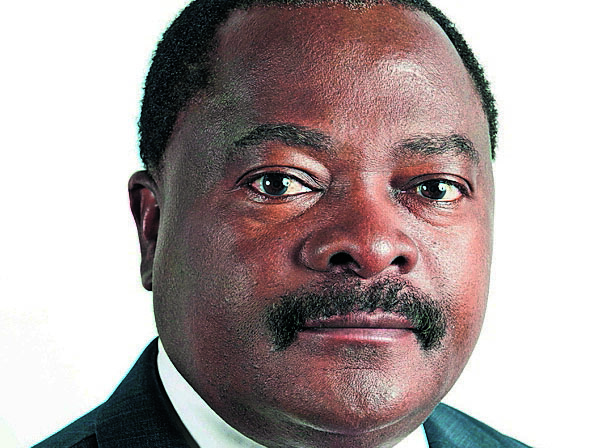Pelindaba
The argument for nuclear technology does not start and end on the basis of energy supply and financial modelling, but is rather centred on its socioeconomic impact on the average South African, the environment, the youth and the legacy it will create.
The argument for nuclear technology does not start and end on the basis of energy supply and financial modelling, but is centred on its socioeconomic impact on the average South African, the environment, the youth and the legacy it will leave behind.
The Nuclear Industry Association of South Africa (Niasa), a body composed of organisations, groups, and individuals, from the established nuclear sector and entities involved in any technology endeavour related to the development and operation of nuclear technology, believes nuclear is the most viable option in order to stimulate the economy.

“It is an all-encompassing technology with a value chain that touches the everyday life of the community, mainly through the education system,” explains Niasa managing director, Knox Msebenzi.
“Focus on science, technology, engineering, and mathematics (Stem) subjects, school infrastructure and research, improved roads and transport systems, hospitals and healthcare on the back of the strict nuclear health and safety protocols means the local economy has significant multiplier effects.
“All give resonance to the localisation concepts, while addressing our country’s national development objectives. These are the facts that go beyond the fears and myths.”
South Africa is among the top three largest producers of nuclear isotopes globally from the Safari-1 research reactor, which brings in over R1-billion in foreign exchange annually. South Africa can take credit for being the only country on the African continent with commerical nuclear power reactors at the Koeberg nuclear power station, which provide 1 800MW of baseload power to stabilise the Western Cape grid at the lowest costs of production.
“Besides the immense social and economic value that these nuclear facilities add to South Africa, they also serve as strategic facilities in the technological prowess in the high-level skills space and the spinoff, both current and potential, into other industries such as military, manufacturing, space, medicine, agriculture and secondary industry is vital,” explains Msebenzi.
“The skills profile of this country is lifted, which has significant impact on the rest of the economy. For example, investors willing to establish factories and manufacturing facilities will often look at the availability and price of technical skills. When high-level skills are plentiful, the cost of such is lowered due to competition, and hence production costs are lower — favouring more investment in manufacturing and other industries of the country.
“We do need more technical skills and have seen a hike in IT positions as companies are increasing their investments in ICT infrastructure for competitive advantage.
“Typically the reason why some Asian countries are doing better economically is based on the fact that they created economic needs and opportunities for the youth who focus on Stem subjects.
“South Africa should also follow this route if it envisages developing its economy and competing equally with these fast-developing countries, meaning that the new build programme is but one catalyst to this scenario to provide youth with an opportunity to contribute to a wider economy, participate on broader economic levels and be more globally competitive,” concludes Msebenzi.
The Nuclear Industry Association of South Africa (Niasa) is a body committed to promoting the highest standards in the development and application of nuclear technology in South Africa. It is composed of organisations, groups, and individuals from not only the established nuclear sector, but also any entities involved in any technology endeavour related to the development and operation of nuclear technology